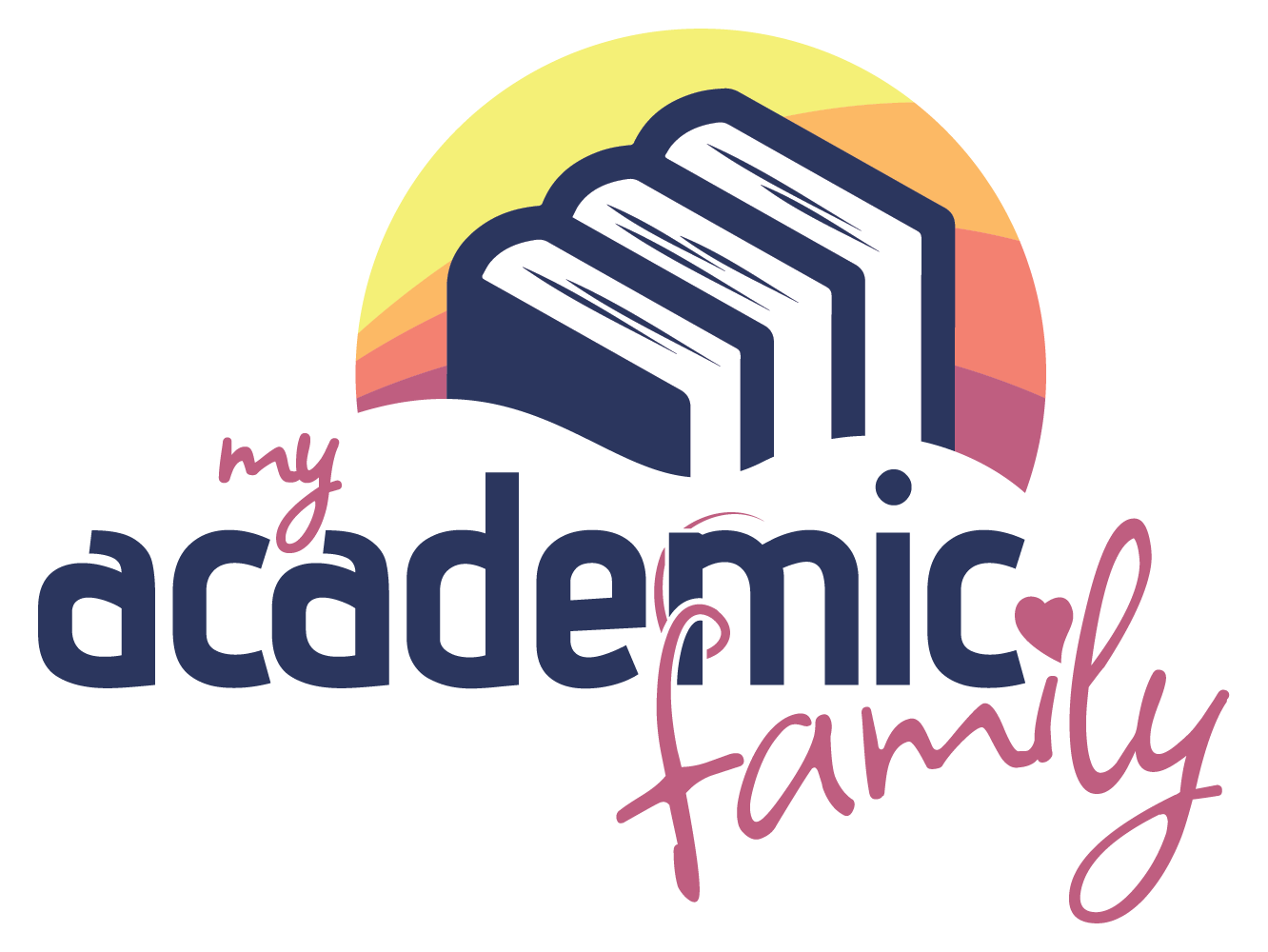Employability
Employability. A term that you will hear throughout your time at university, and one that will most likely be talked about by many different people, in many different contexts, and with many different meanings.
In its most literal definition, the term employability refers to ‘the skills and abilities that allow you to be employed’ [Cambridge Dictionary, 2023]. But, is it really as straightforward as this? Unfortunately, not. There is no automatic entitlement to employment just by having certain skills and abilities… and there is no checklist of skills to work through that will get you ready for the world of work.
This definition also overlooks a few things. Firstly, there are many intricacies around the process of finding employment that this overview omits, such as being able to search for jobs effectively, or being able to complete an application. Secondly, it ignores the fact that employers will have certain expectations of candidates and that the candidates themselves will need to demonstrate how they meet this, how they may fit within the organisation, and how they stand out from their competition. A definition of employability then should also consider how you can successfully prepare yourself to gain employment.
Further to this, we should also consider that the act of being employed is not a one-off event. People move jobs, people can be made redundant, and people may decide to leave a job based on life events. This would suggest that any definition of employability should also consider how to maintain employment and how to transition to a new job when required.
Perhaps it is best to consider a few more definitions of employability then:
Employability is about supporting people to develop a range of knowledge, skills, behaviours, attributes, and attitudes which will enable them to be successful, not just in employment but in life. [Cole & Tibby, 2013]
Simply put, employability is your ability to get employed, maintain fulfilling employment, and transition to a new job if required. [Dawson, 2023]
These definitions certainly seem to be an improvement on where we started, as they begin to consider what employability is made up of – and what better time is there to really start thinking about these things than at university? A place for learning, for development, for deciding about your future. A few of these key terms have been explained further below…
Knowledge: act, fact, or state of knowing (i.e., degree specific; lessons learned; experiential)
Skills: things you have learnt (i.e., communication; critical thinking; team-working; technical)
Behaviours: how you conduct yourself (i.e., commitment; responsibility; enthusiasm)
Attributes: qualities you might naturally have (i.e., motivation; resilience; self-awareness)
Attitudes: a state of mind that determines your behaviour (i.e., a positive outlook)
Here, employability is discussed as the essence of who you are, how you act, what you stand for, how you navigate the world… and this is why employers value your employability. These things will help them to understand how you will perform in a job and what you will be like in the workplace.
You may even hear employers say that students need “more than a degree”. But - what does this even mean? Surely the purpose of university is to gain a qualification? Well, yes! But this essentially means making an effort to participate in the whole student experience… this includes academic studies, work experience, volunteering, sports clubs, societies etc. Learning in these different ways will give you a more rounded experience and will diversify your behaviours, your skills, your knowledge. This, in turn, will allow you to set yourself apart from the competition when it comes to applying for jobs.
---
Top tip: Keep in mind that what students think employers are looking for and what employers are actually looking for often differ. Take this study as just one example, where students thought that graduate recruiters would value degree qualifications and work experience the most; but really recruiters themselves valued candidates who would show a passion for their business and resilience.
---
Taking all of this into consideration then, what really is employability? Well, the term employability refers to your unique mix of knowledge, skills, behaviours, attributes, and attitudes that you have developed throughout life so far and will continue to develop whilst at university and beyond. Try to think of employability as your own specific toolkit that will enable you to be successful throughout your working life.
If you are putting up a shelf in your house, it is unlikely that you will need every single tool in your toolbox. Instead, you will choose the tools that you feel will work best for this job. Once you are working on it, you might even amend this selection of tools as you begin to adapt to the situation, or based on the information you gather along the way. The same rules apply to your career.
Your career is likely to involve different jobs with different employers. This means that you will need to adapt and draw on certain things within your toolkit across a range of different scenarios. The tools in your toolkit will need carefully looking after and developing so that they can be enhanced over time. Even if you stay in the same job for many years, the world of work changes so rapidly that you will need to change with it and be able to adapt to what is around you.
So, think of your employability like the tools in a toolbox. Some of your tools will serve a specific purpose; some will be transferable. Some tools will change over time; and some will only be needed occasionally. But this toolkit is yours. You need to add to it. You need to develop it. You need to learn how to apply it to whichever situation you might find yourself in. This is what employability is.
The good news is that you will have already started to build your toolkit throughout your life so far, and here are five ways in which you can continue to enhance your employability going forward…
Don’t ignore your future. Even if you are not sure what you want to do, being curious and developing your toolkit shows that you are making good progress. This will be useful later on!
Understand yourself better. What are your strengths? What areas can you develop? What is important to you? What are your values? What do you like or not like to do?
Try new things - a great way of gaining experience, developing a new skill, or working out what it really is that you like to do. This information can help when deciding about a career path.
Create a CV that you can tailor to each application that you make. You’ll need to consider the values of the employer, understand the job criteria, and demonstrate how you fit within this.
Work towards building a professional online presence, and think about how you might want employers to view you. This will also be useful for creating your own network.
—
This post written by My Academic Family volunteer Daniel M.



